Freed Britons say “confessions'” coerced
British sailors have given details of their captivity in Tehran, admitting to "having been coerced to confess."
Saturday, 07.04.2007.
10:10

Freed Britons say “confessions'” coerced
The 15 sailors and marines, who were freed Thursday and reunited with family, faced constant psychological pressure and the threat of up to seven years in prison if they did not say they strayed into Iranian waters, members of the crew said."At some points I did have fears that we would not survive," Operator Maintainer Arthur Batchelor, 20, the youngest sailor among the crew, told The Associated Press in an interview.
Iran's ambassador to Britain, meanwhile, told the Financial Times in an article published Saturday that Iran expects to see goodwill gestures from the British government, perhaps in regard to Iranian detainees being held by U.S. forces in Iraq.
"We played our part and we showed our goodwill," said Rasoul Movahedian. "Now it is up to the British government to proceed in a positive way."
Movahedian, like other Iranian officials, denied that the release of the British sailors was linked to any deal, including on the Iranian detainees. But he indicated help from the British on the matter would be appreciated.
"If they (the British) want to be helpful and use their influence we will welcome that ... We will welcome in general any steps that could defuse tensions in the region," he told the newspaper.
At the news conference in Britain, Lt. Felix Carman — who commanded the crew — said they had faced harsh interrogation during 13 days held by Tehran and slept in stone cells on piles of blankets.
"All of us were kept in isolation. We were interrogated most nights and presented with two options. If we admitted that we'd strayed, we'd be on a plane to (Britain) pretty soon," Carman said. "If we didn't, we faced up to seven years in prison."
Marine Joe Tindell said he believed one of his colleagues had been executed on the second day of the ordeal. The 21-year-old said the crew believed they were being taken to the British Embassy to be released, but were instead dumped in a holding facility.
"We had a blindfold and plastic cuffs, hands behind our backs, heads against the wall ... there were weapons cocking," Tindell told British Broadcasting Corp. radio. "Someone said, I quote, 'Lads, lads I think we're going to get executed' ... someone was sick and as far as I was concerned he had just had his throat cut."
Royal Marine Capt. Chris Air said the crew was out on a routine operation on March 23 in two small launches when they were confronted by members of Iran's Revolutionary Guard.
"They rammed our boats and trained their heavy machine guns, RPGs, and weapons on us. Another six boats were closing in on us," Air said. "We realized that had we resisted there would have been a major fight, one we could not have won."
He said the sailors realized any gun battle risked a major escalation of tensions with Iran.
While much of the country rallied behind the returning crew, others criticized them for offering apologies where none was required — specifically for appearing in videos in which they appeared to admit entering Iranian waters and offered regrets.
Carman had been pictured on Iranian television apologizing for straying into Iranian waters. "Let me make this clear — irrespective of what was said in the past — when we were detained by the Iranian Revolutionary Guard we were inside internationally recognized Iraqi territorial waters," he said on Friday.
The most visible of the seized sailors during their captivity was Leading Seaman Faye Turney, a 26-year-old mother of one and the first crew member to be interviewed on Iranian television. Turney did not attend the news conference.
Air said she was singled out for propaganda purposes, held in solitary confinement and told the others had gone home. "She was under the impression for about four days that she was the only one there," he told reporters.
He told the AP in an interview that there were a "few incidents when our safety was at risk."
Air said the sailors had also faced a difficult task when complying with their captors' requests for them to publicly admit they were in Iranian territory — which they said they knew to be untrue.
"We were very careful about what we said and what we didn't say," Air told the AP. He said the sailors had been made sure that they did not reveal any sensitive or classified information.
In a clip shown on Iranian television, Air — pointing to a map — said "we were seized apparently at this point here on their maps and on the GPS they've shown us, which is inside Iranian territorial waters."
The crew had not broken rules by complying with the Iranian demands, the head of the Royal Navy, Adm. Jonathon Band, told the BBC before the news conference. "I think, in the end, they were a credit to us," he said.
Prime Minister Tony Blair's office refused to comment on the claims the sailors made about conditions in Iran, but the White House said the allegations of ill-treatment were disappointing.
"If what they described is accurate, then that would not seem to be appropriate behavior and action," White House spokesman Gordon Johndroe said. He said it would be "unfortunate and extremely disappointing" if the sailors had been "treated inappropriately in any way."
Iran's President Mahmoud Ahmadinejad announced the Britons' release on Wednesday, which suggested Iran's hard-line leadership had decided it had shown its strength, but did not want to push the standoff too far.
However, Iran never got the public apology it sought for the crew's purported entry into Iranian waters. Britain insists it never offered a deal and said the crew never entered Iranian territory.
Iran's official Al-Alam television broadcast parts of the news conference, but without sound — a newscaster said the Britons had "retreated from their confessions."
"They made statements completely different from what they had said in Iran and claimed that they were in Iraqi waters when detained," the TV newsreader said.
An unidentified in-house "political analyst," called the sailors' news conference "a show."
"British military officials dictated it," said the analyst, who spoke to TV by telephone and was identified only by his family name, Zaraei.
The channel did not broadcast the Britons' comments about the cocking of firearms as they were blindfolded, the threat of imprisonment nor that Turney had been told the others had left Iran.











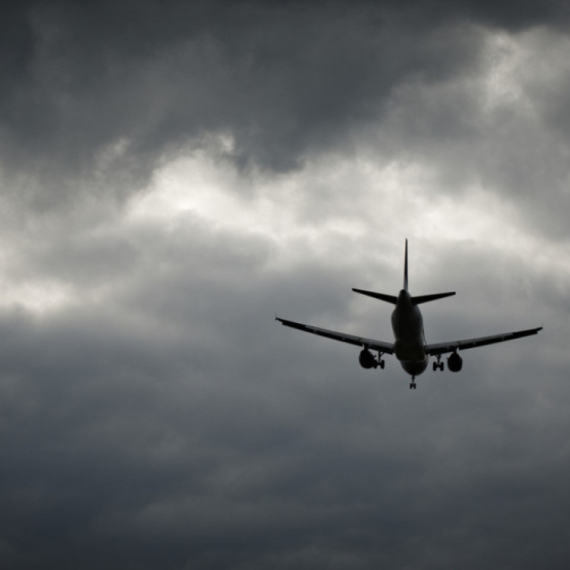


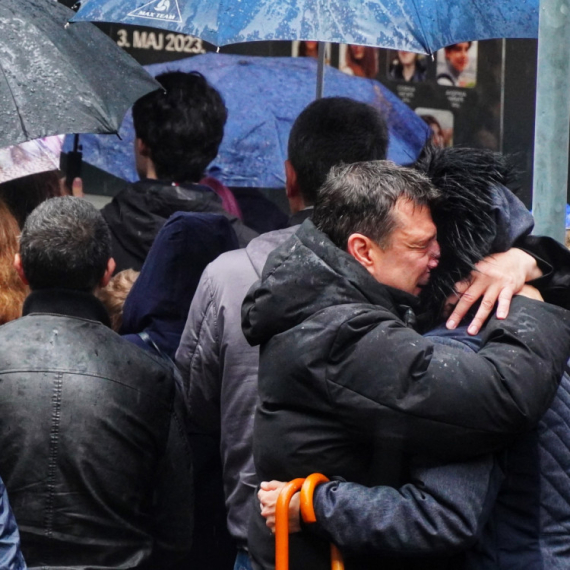
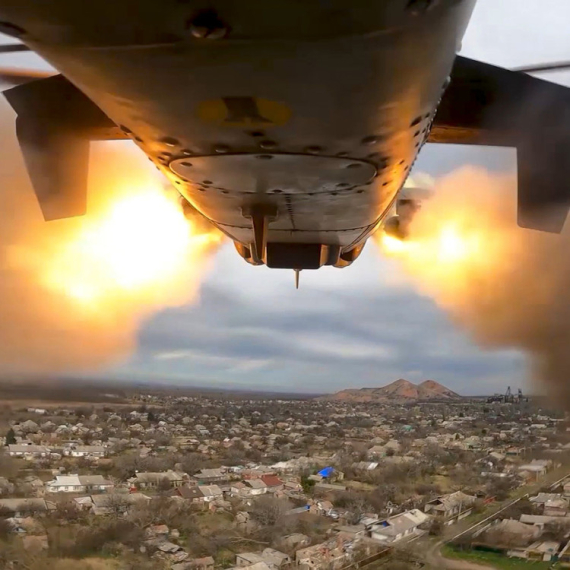
















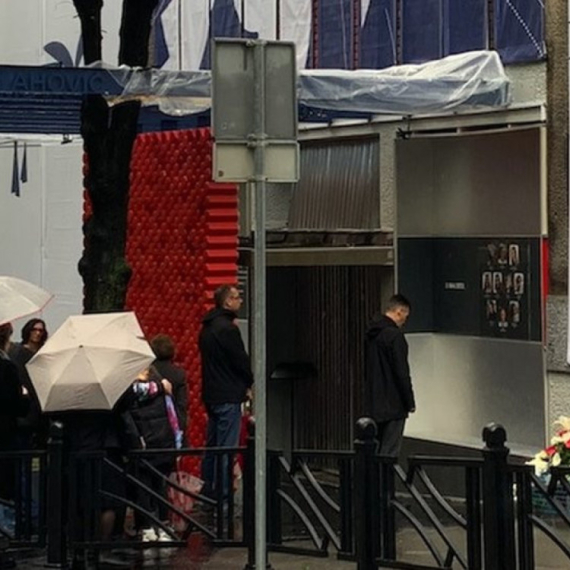
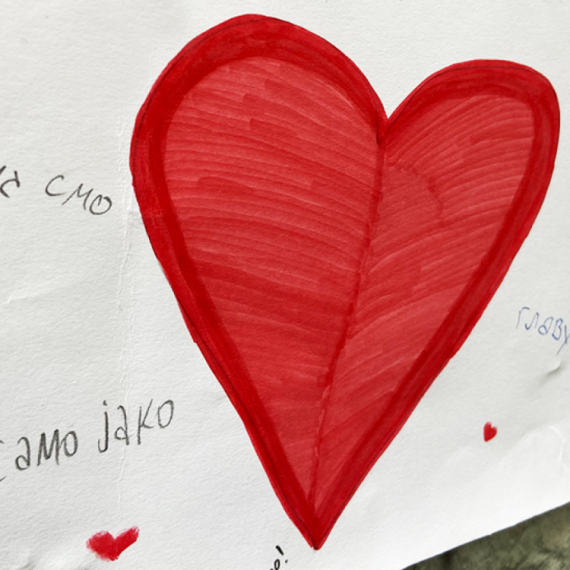


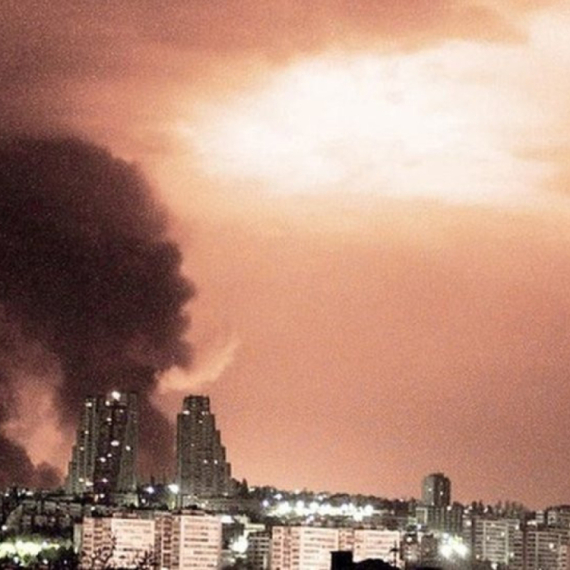

Komentari 0